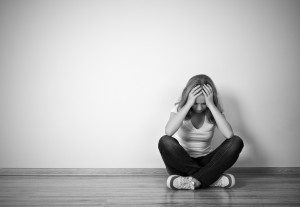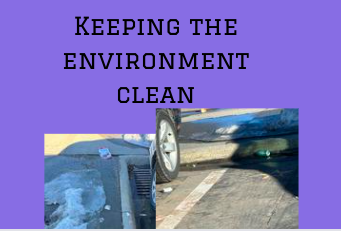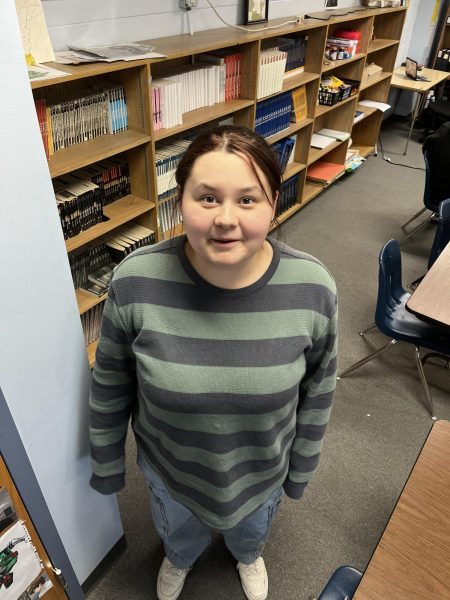Depression Does Not Discriminate
Our world today is stacked high with problems that teenagers have to face, problems that some kids think they have to face alone. Some problems are bigger than others; yet they are all still problems that can eventually lead to the same dark place for any teen: depression. This is a condition that is so common in today’s society, one which we have started to become blind to.
Teen depression is a serious medical problem that causes a constant feeling of sadness and loss of interest in activities. Many people have a hard time understanding teen depression. Most people think that it consists of bad moods or acting out but depression is something way more complex than just that. Depression is different for teens than adults. Teenagers also have a higher percentage rate of depression for many reasons, such as most teens are going through puberty, are trying out where they fit in, having tons of stress, being bullied/cyber bullied, and most have a hard time asking for help. Depression can destroy a person’s life without actually killing them.
With all the causes and reasons for depression why do we have to wait until it is too late to see that teenagers around the world are hurting? Some reach a point where they feel so trapped that cutting, suicide, drugs, or taking a gun to school is the last resort. There is depression in our everyday lives whether we see it or not. It could be anyone of us. From rich to poor, popular to unpopular, depression does not discriminate. Our society stereotypes depression making it difficult for teens who stand outside that specific stereotype to ask for help.
Experts say, “Only one in five depressed teens receive help.” It is way harder for teens to ask for help than it is for adults because teens don’t have the ability to seek that help on their own. Teens rely on adults to recognize their symptoms and get them the help they need.
As a society we need to realize that kids with depression are all around us and could burst at any moment. We need to learn to look for warning signs, and help them to feel comfortable in asking for help. Let’s stop glamorizing mental issues and start stopping them.

Hi, my name is McKenna Romick I am now going into my fourth year of high school and my third year being a writer for The SPUD. The spring of my sophomore...











